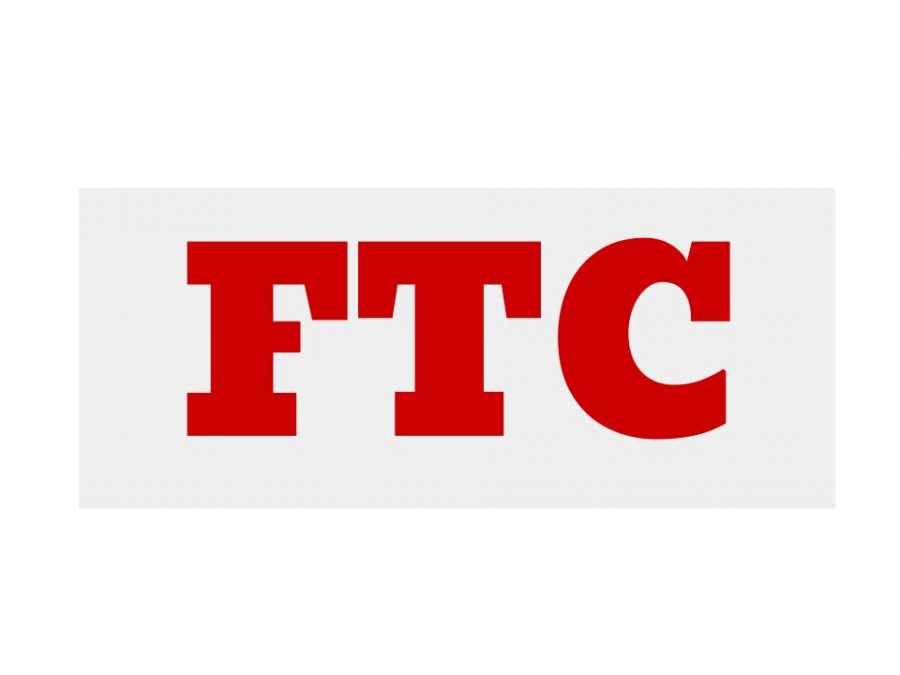Robotics FIRST Tech Challenge teams compete while dealing with COVID limitations
February 17, 2021
Robotics’ FTC, or FIRST Tech Challenge, teams competed in their second qualifying event this past Saturday, and their first on Jan. 30. If the teams perform well at the three qualifying events and the league championships, they’ll advance to the central Texas regional championships, and if they continue to advance they could even compete in the world championships this summer.
“In the competitions, I think my main goal is that our team still feels like they’re having a good experience [like] they would get without COVID,” Grace Ballengee, project manager of one of the FTC teams, said. “[I want] to make sure everyone’s participating and getting to learn and be able to just do what makes robotics so fun, and be able to explore the different areas of robotics that they want to.”
In FTC, teams design and build a robot that fits within an 18 inch cube of space, which they then compete with in challenges against other robots within a 12 foot by 12 foot arena. This year’s FTC season began in September, and FTC teams put in about five to eight hours of work and practice each week.
“I think a hard part [about FTC is that] once you design something, you have to do a lot of testing with it,” Ballengee said. “If something doesn’t work, trying to fix that, and finding new ways to approach things, because the robot doesn’t always work at the first competition, so you have to make adjustments and figure out what’s wrong, and go through different iterations of robots, do new designs, do different coding programs, things like that.”
Because of COVID, team members have less ability to work together, and have to take off parts of the robots to work on alone at home, and competitions, such as the one on Jan. 30, have been made virtual. Instead of a large gathering of different teams competing against each other, teams recorded videos on their own that they then submitted.
“It’s just our team on a field, which is very different in how you play the match, because you’re only worrying about your team and your score, which can be beneficial, if you can perform well,” Ballengee said. “It’s definitely been a lot harder this year, [but] it was still really fun.”
The COVID restrictions have certainly limited the robotics program from it’s usual way of operating. There are 107 FTC students in total, but only 25 students are allowed to be in a robotics room at a time, as opposed to what normally would have been 80 to 120 students, as robotics teacher Irad Allen has described.
“COVID has really made it difficult for our kids to build this year,” Allen said. “It’s really hard to engage the kids in the activity, it’s hard to get everybody involved, because I think about 70% of our kids are full-virtual, which means, even though we have all these protocols, parents still don’t want them with other kids when they’re working. But we’re trying to do the best we can, though it’s been really difficult.”
Of robotics’ 10 total FTC teams, Ballengee leads team 4545 Ouroboros, which is made up of 11 members. The FTC teams are very independent and self-led, which grants them much more freedom and responsibility.
“I really like that we have the freedom to design our own stuff, and the robot and anything we want to do,” Ballengee said. “It’s also really cool because [you get] lot of real world experience, because we’re getting to use a lot of skills with how to work on a team, how to meet deadlines, as well as learning different stem skills. But you also learn those other skills like leadership and communication and just being able to manage time and things like that.”
Though a lot of different skills are used in robotics and FTC, Allen asserts that lack of experience should not be cause for discouragement.
“We look for really two things–people with passion, and people with commitment,” Allen said. “We can teach people how to CAD and design, and put robots together and program, but what we can’t teach is commitment [and] work ethic. So we want kids that are really excited about robotics and STEM, and we want people that can commit to our program. Just being passionate and wanting to do this stuff, that’s what we’re looking for.”
FTC has certainly been different this year, but Ballengee still expresses enjoyment of FTC and the experiences she gains from it.
“It’s really cool to be able to meet and work with a bunch of people who are very interested in STEM and have a lot of different backgrounds and interests,” Ballengee said. “It’s a really great program, and it’s a lot of time and dedication you have to put in, but I think it’s a really cool program that is very beneficial to learning skills for the future, as well as just being able to have fun, build robots and just meet some cool people.”






